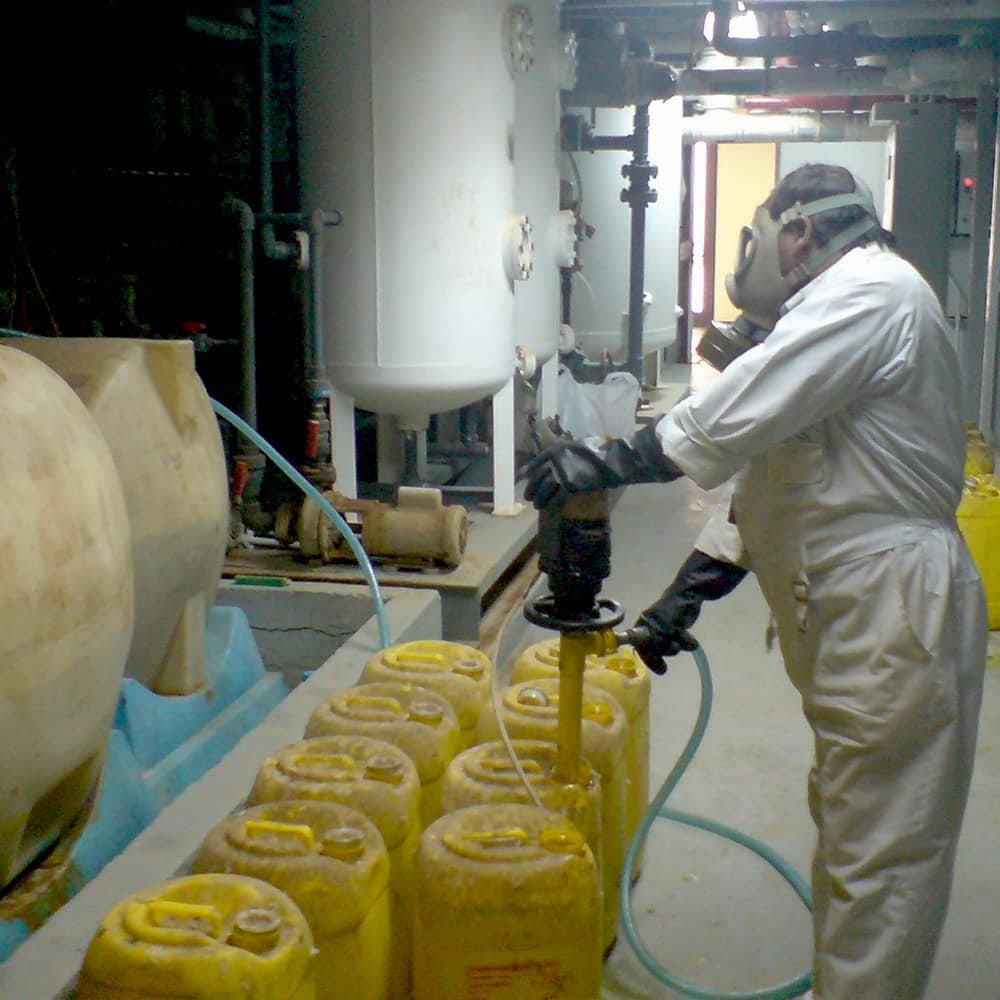
Chlorine
The EPA has approved trace amounts of chlorine in your water — and it’s used in municipal water purification — but this chemical can cause dry skin and other digestive issues.
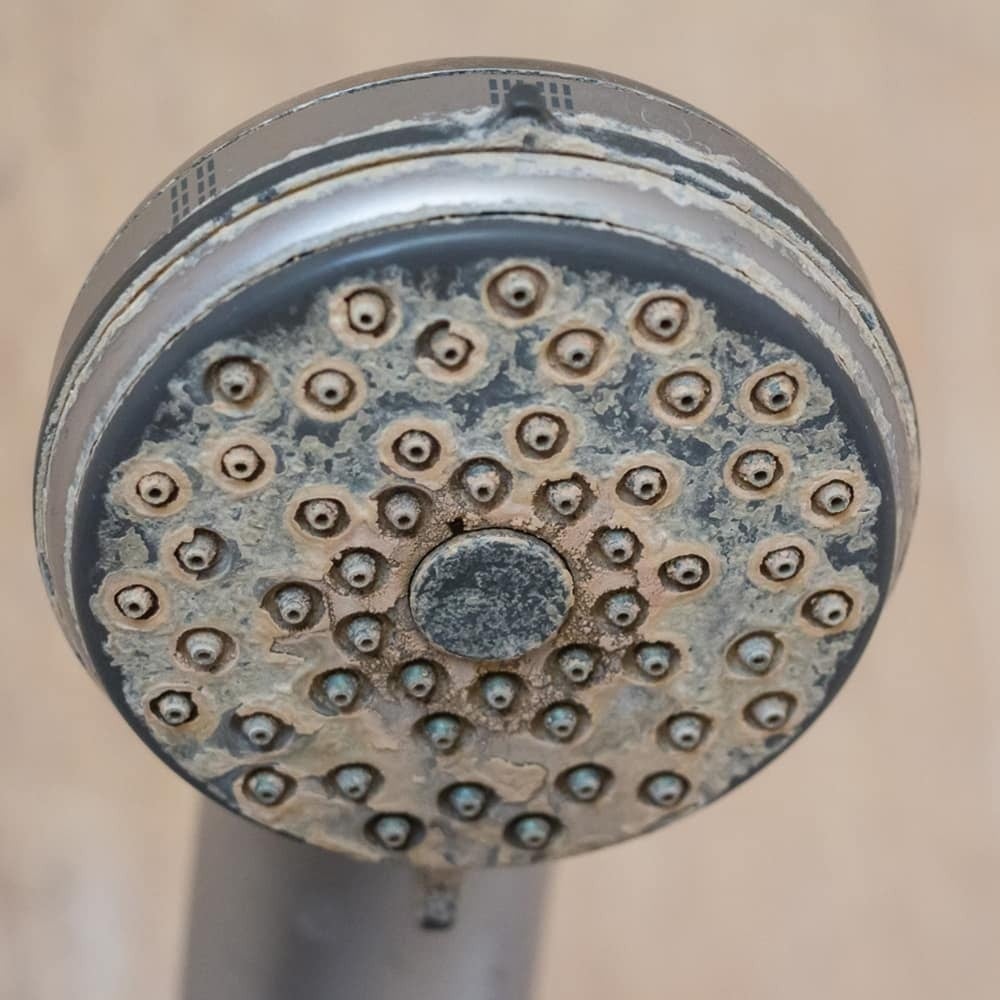
Hard Water*
Hard water won’t hurt you, but you’ll know if you have it. From dry skin to cloudy glasses and an excess of soap scum, hard water creates everyday irritations that you can eliminate. *Requires an additional custom filter.
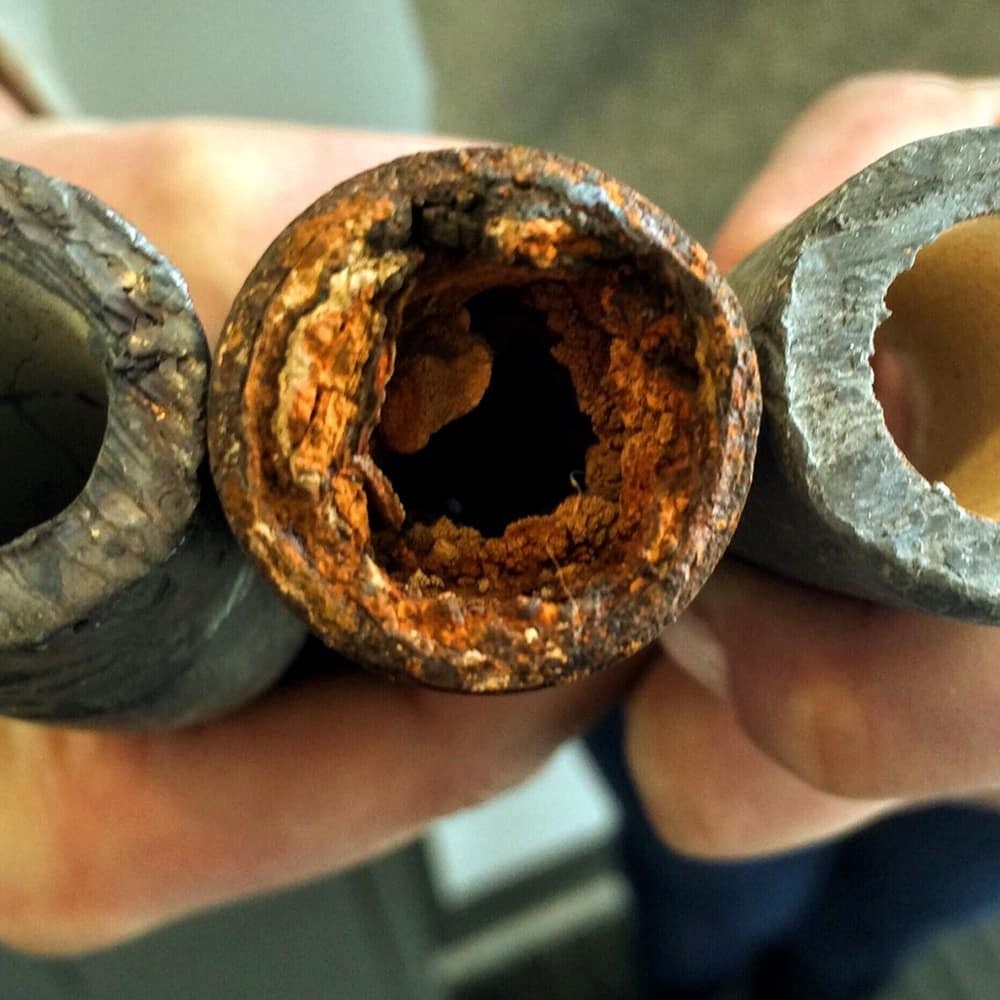
Heavy Metal Lead
Small doses can harm your body and stunt children’s development. If your home was built before 1986, you may have lead pipes that are passing trace amounts of the toxin into your home’s water.
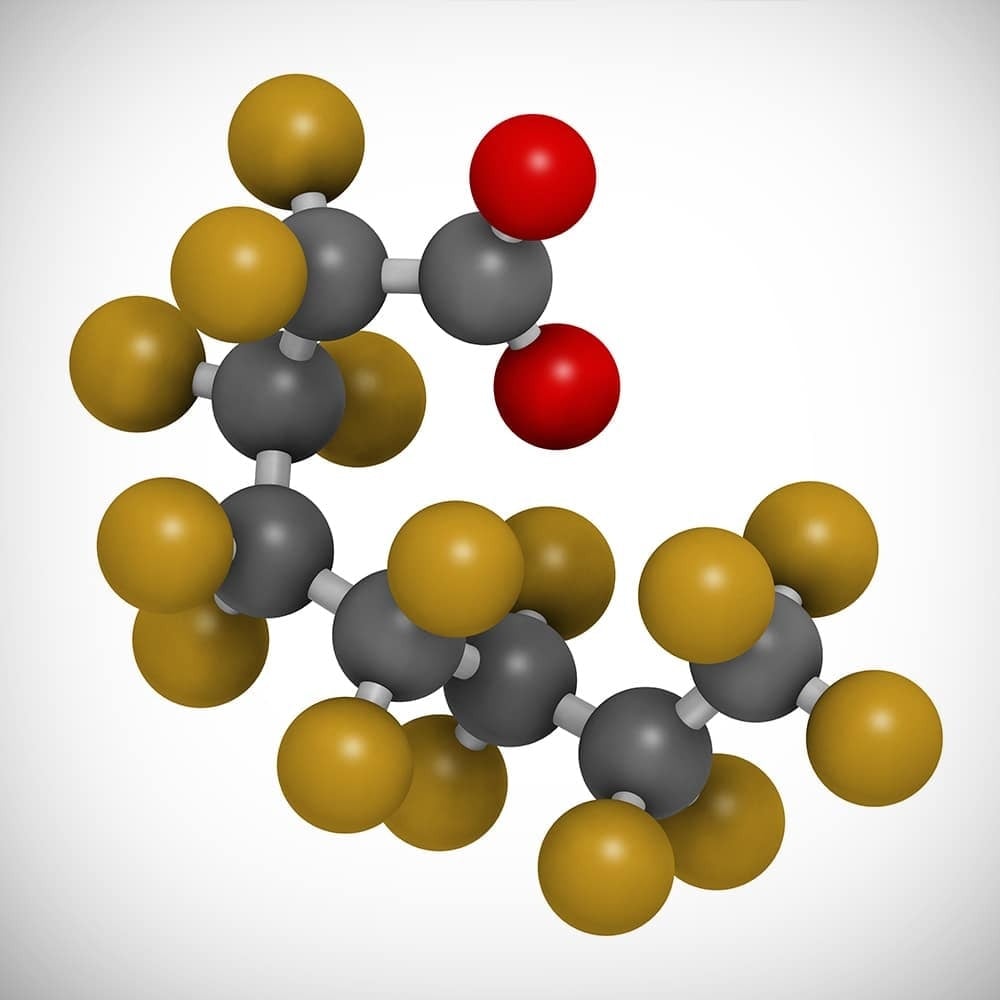
PFAS and PFOA
New Hampshire has many known issues with PFAS and PFOA in city drinking water; this chemical causes harm to reproductive development as well as the liver, kidney, and immune function.

Trace Pharmaceuticals
Pharmaceuticals enter your drinking water through wastewater, industrial, and agricultural runoff, sewage sludge, overflows, animal feedlots, and more. More research needs to be done on the health effects of these contaminants.
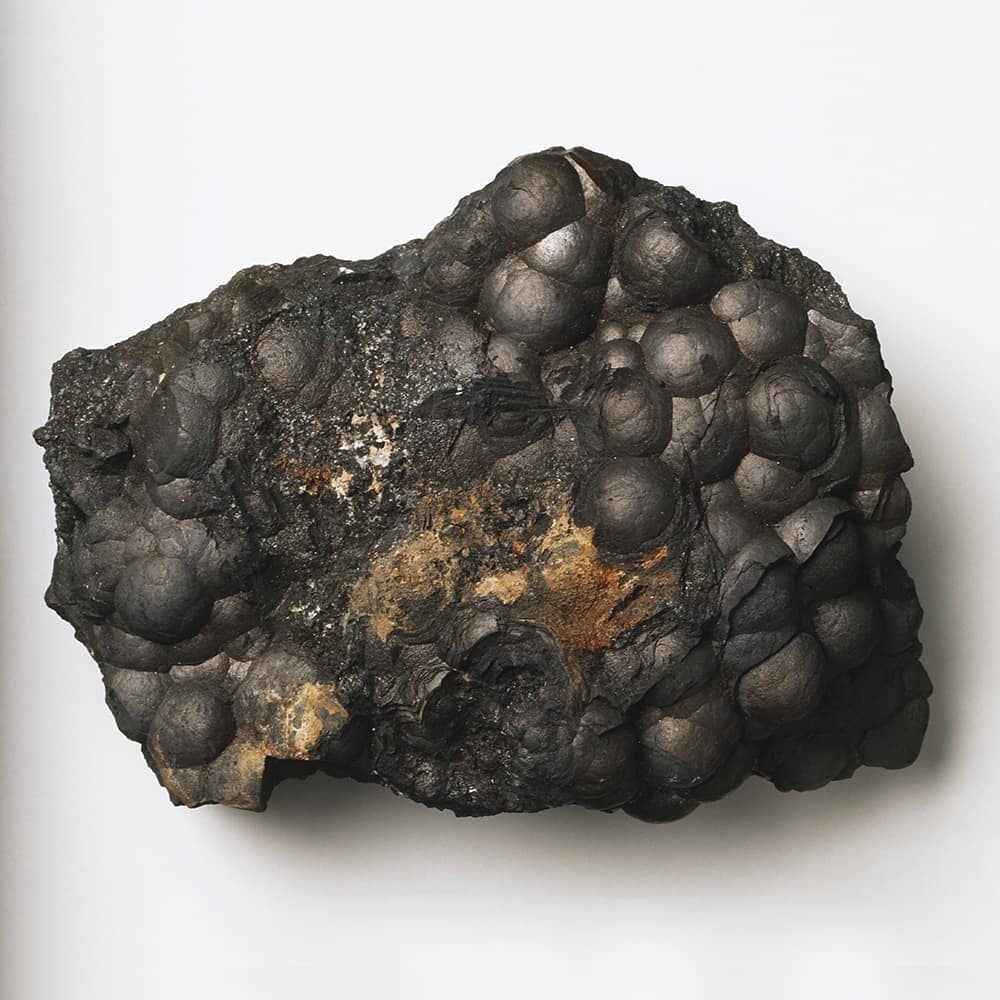
Arsenic (3 and 5)
1-in-3 home wells contain arsenic, a known carcinogen. Tasteless, odorless, and colorless, this toxin can cause health issues, from heart disease and diabetes to certain cancers, as you’re exposed to it over time.
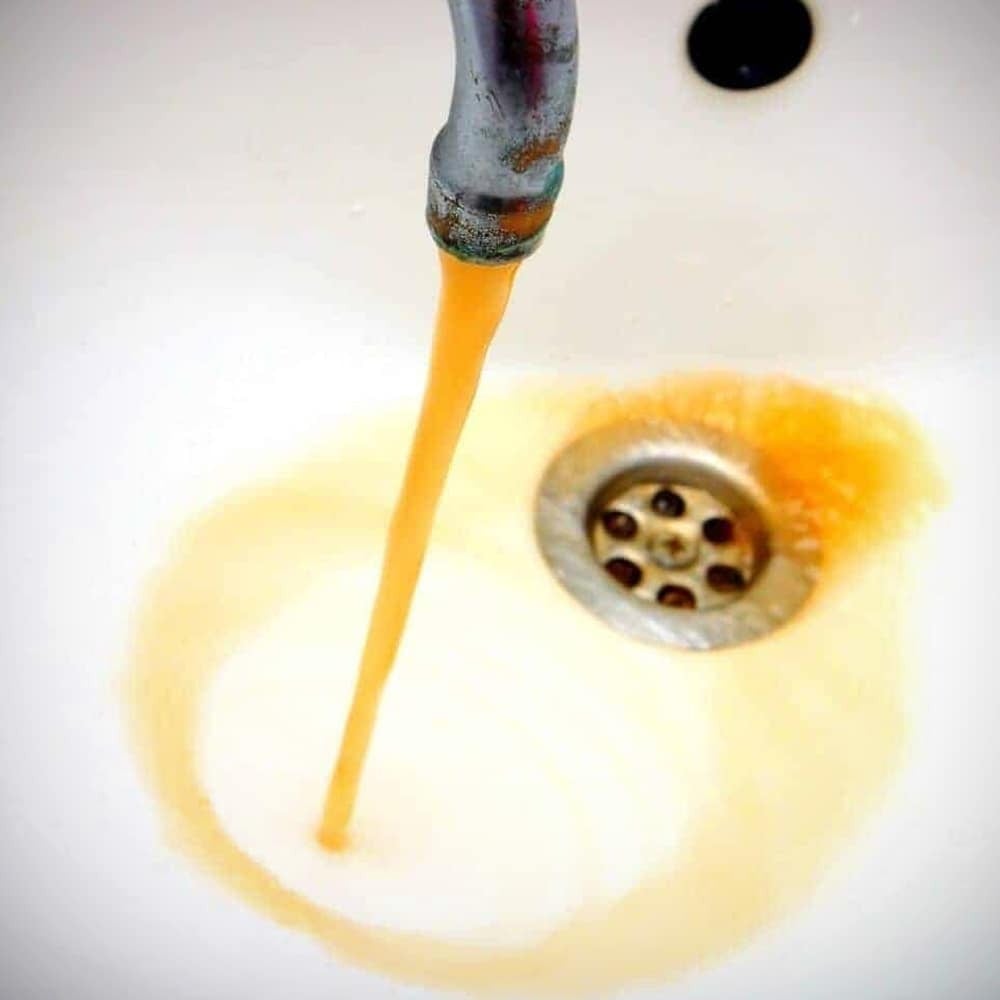
Iron and Manganese
These contaminants are irritants — thankfully, they don’t harm you physically but can cause daily stressors from stained dishes and laundry to unnecessarily high water bills from pipe buildup.
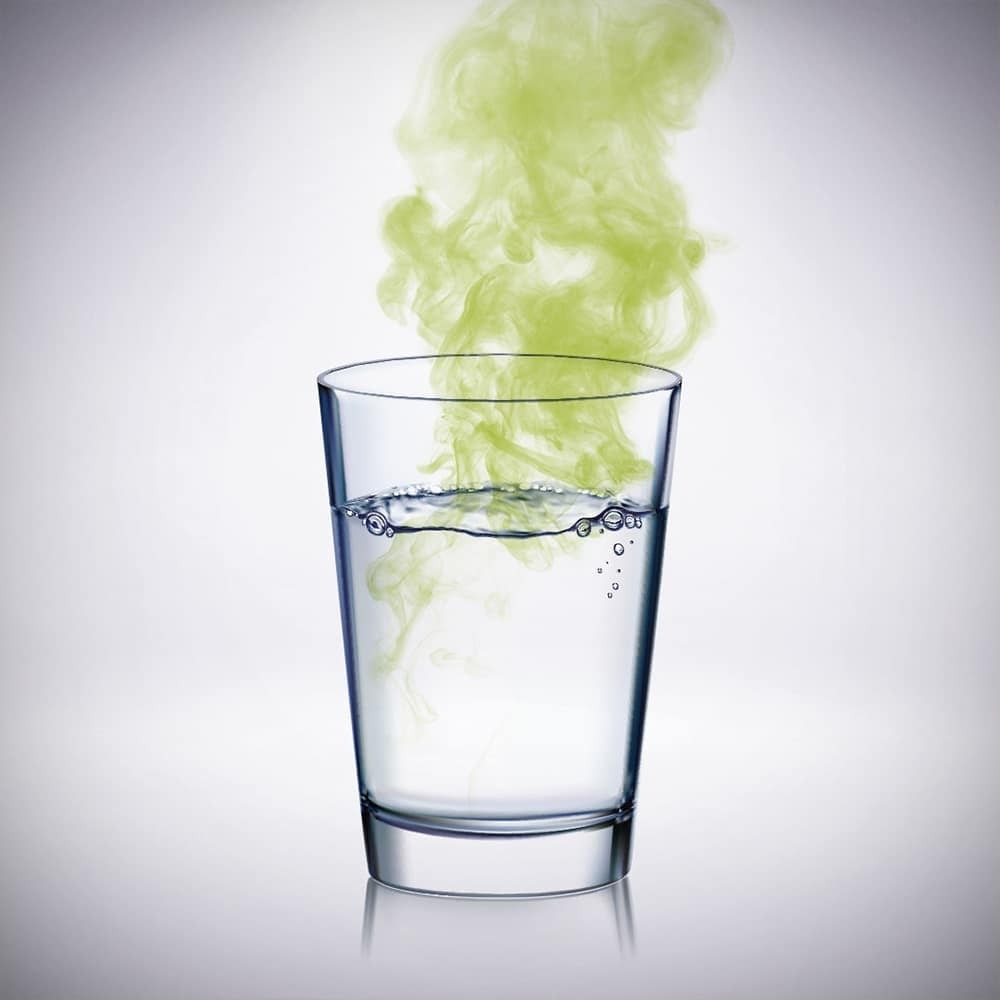
Hydrogen Sulfide
That rotten egg smell in your water is caused by hydrogen sulfide — avoid the odorous and potentially expensive damage to your pipes and fixtures by eliminating this naturally-occurring compound.
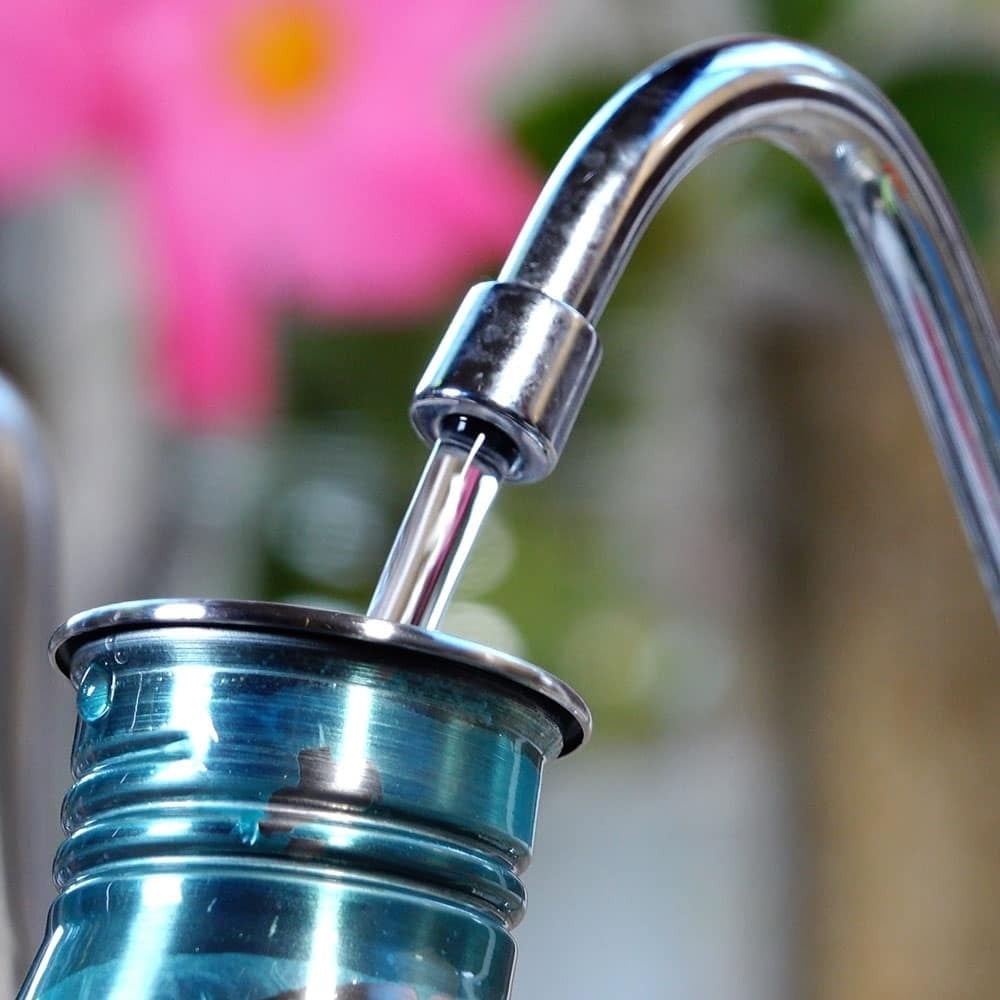
Bad Tasting Water
Anything that smells bad, tastes even worse — and with water, you can’t mask strong chlorine or sulfur smells. From cooking struggles to simply brushing your teeth, bad-tasting water is nothing you want to face every day.
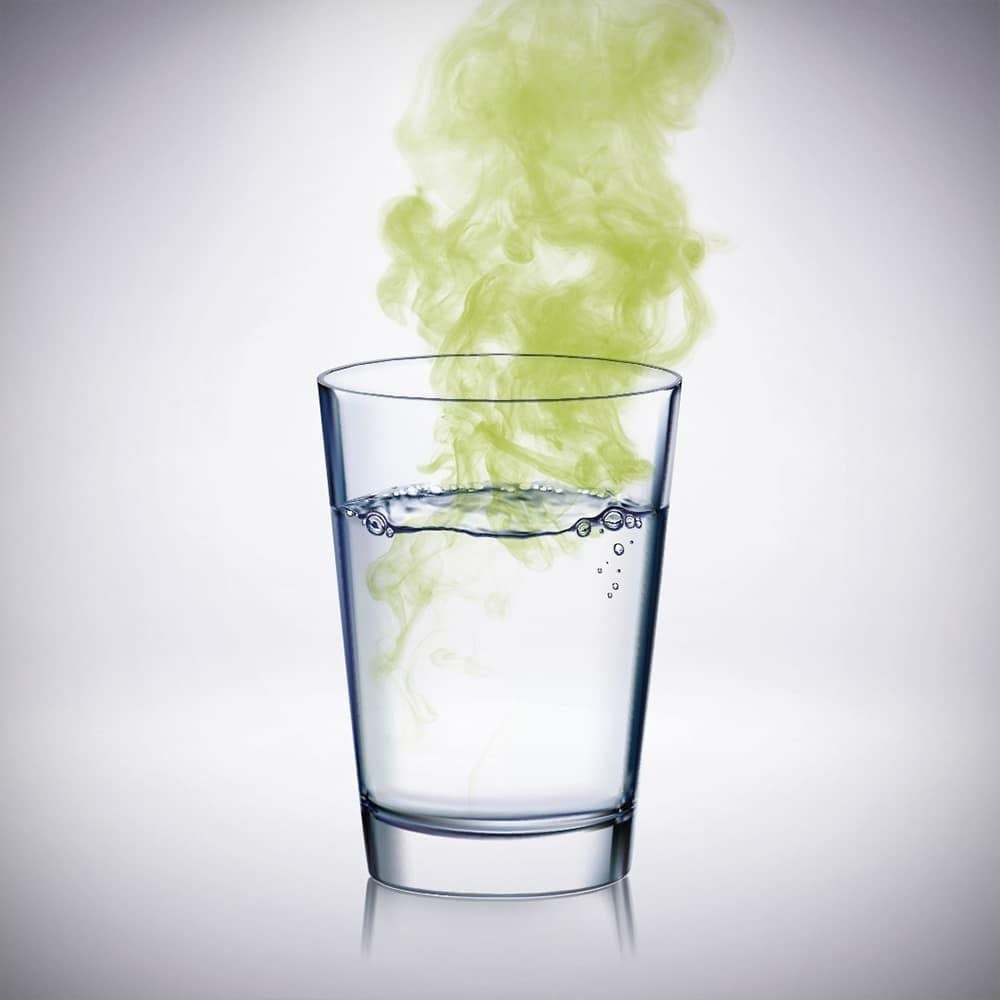
Water Odors
There’s nothing worse than turning on the faucet and being met with a terrible smell. We’re going to look at why your water smells, how to know what’s causing the smell, and what you can do about it!
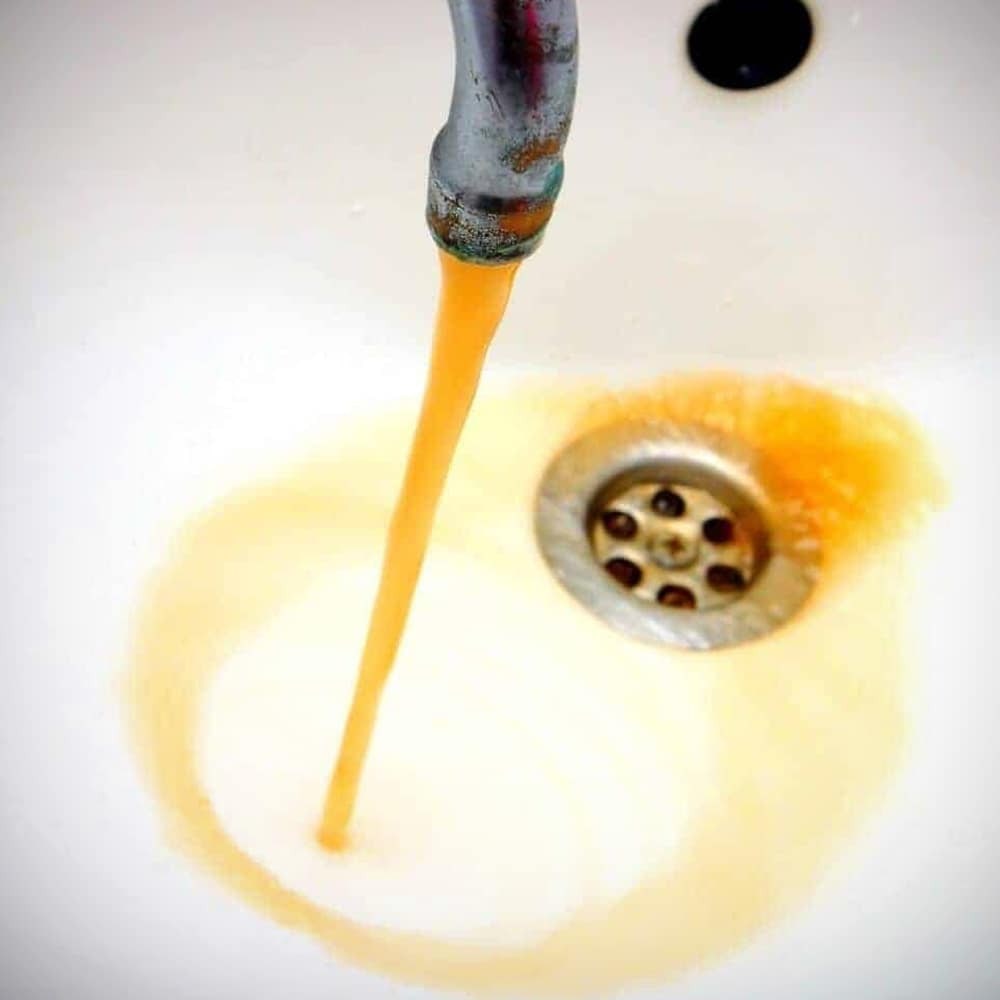
Staining from Water
Are you concerned about a variety of colors staining your tubs, sinks, and faucets? We’ll help you pinpoint why your New Hampshire water isn’t as clean as it should be and how to fix the issue moving forward.

Water Clarity
While NH residents are used to reading about water clarity issues in surrounding lakes and ponds due to algae and other contaminants, water clarity in our homes is another matter.
Learn more about water clarity problems in New Hampshire water
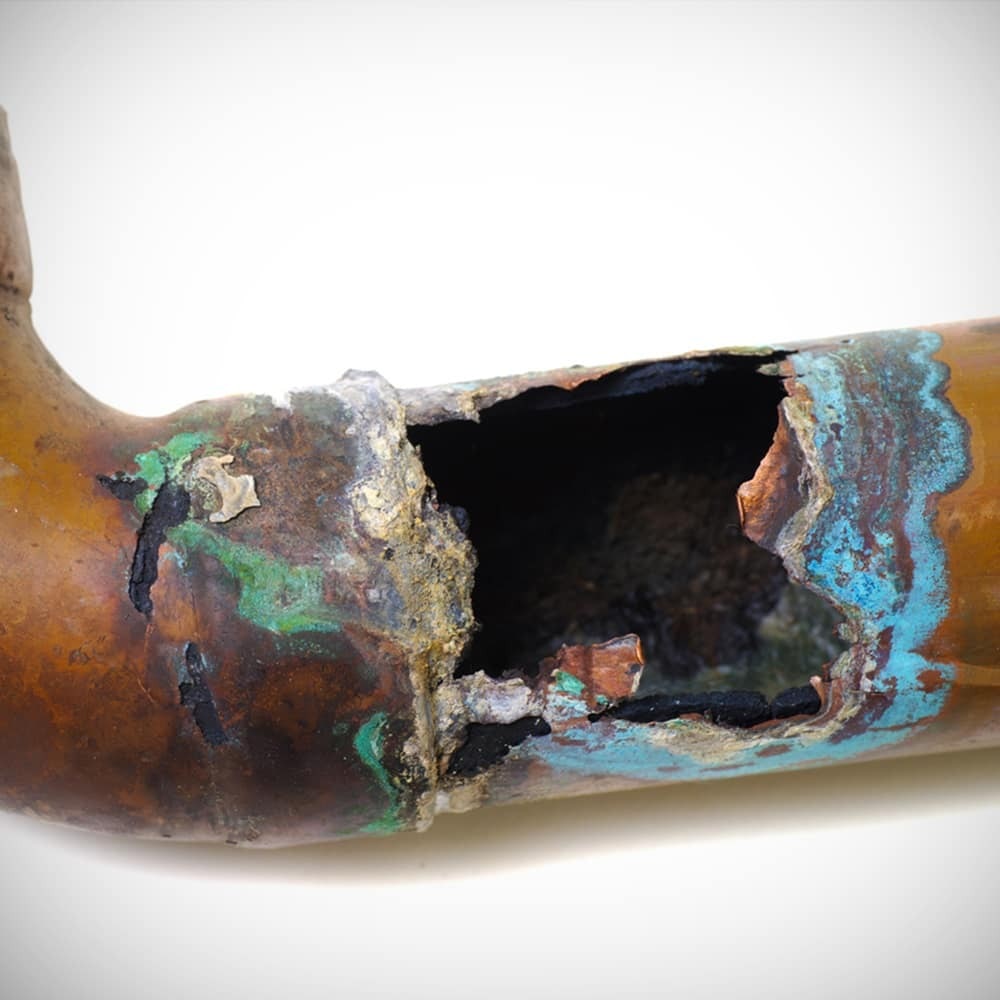
Corrosive Groundwater
Corrosive Groundwater can damage pipes and seep lead or copper into your water. Ingesting Lead or Copper may cause health problems varying from stomach issues to brain impairment.
Learn more about corrosive groundwater in New Hampshire water
